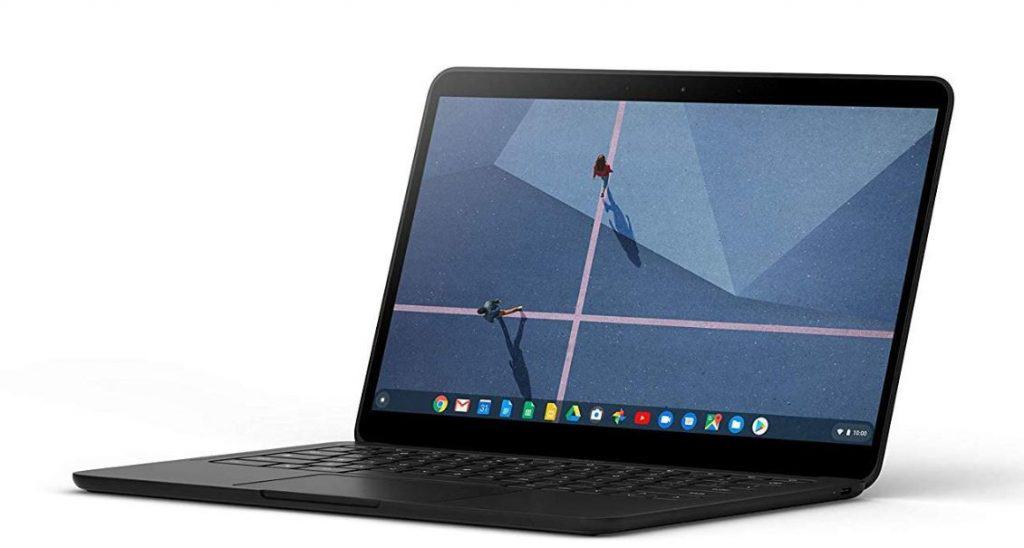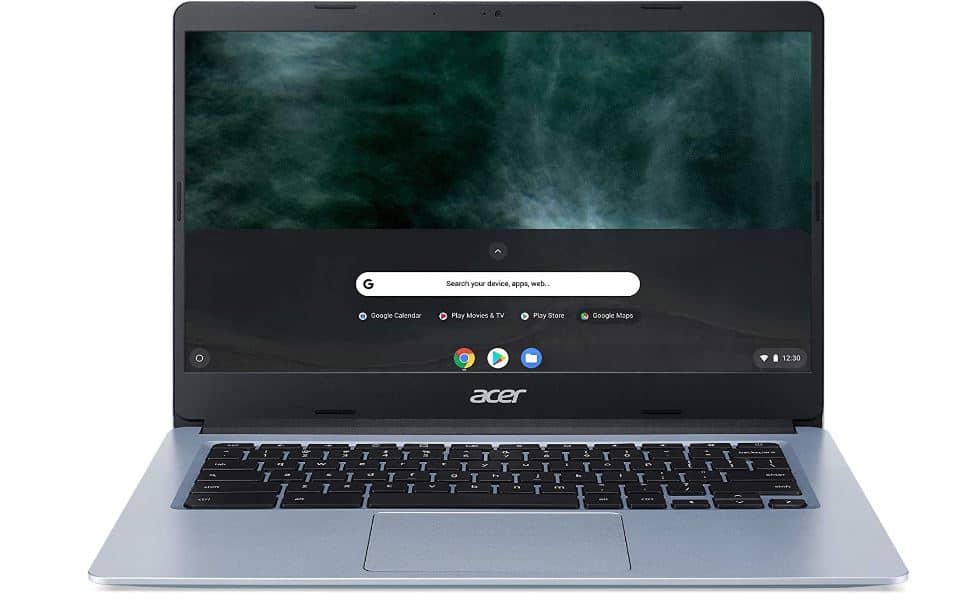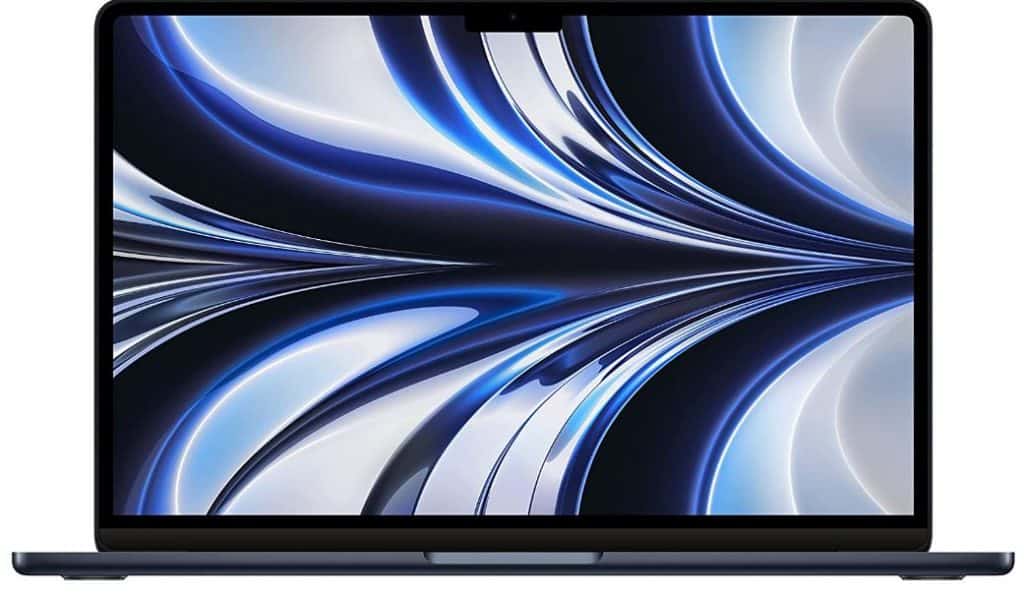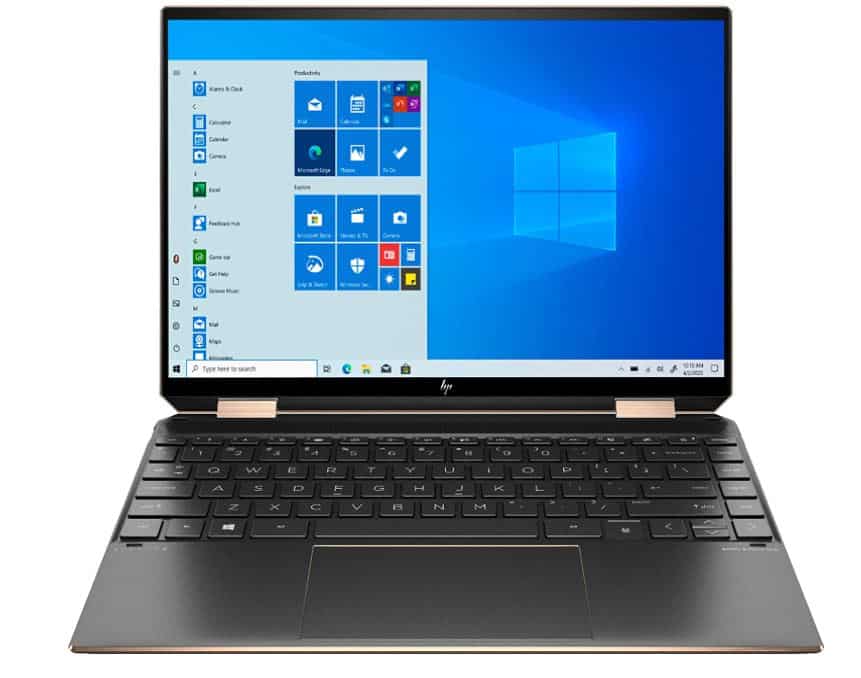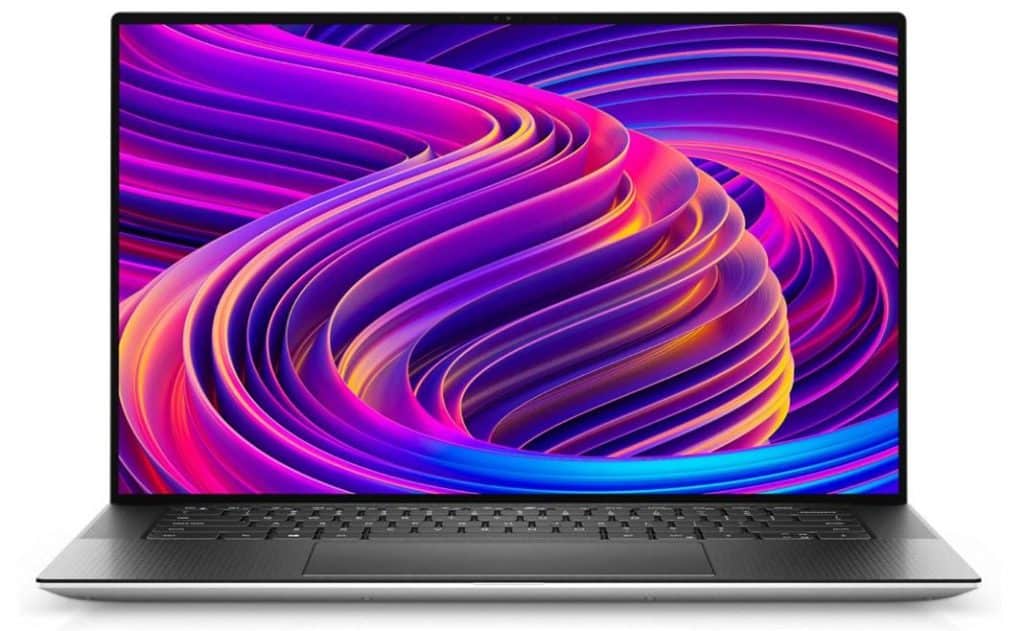When looking for the best laptops for thesis writers, it’s essential that you choose one that comes with decent hardware packed inside it. Programs used for thesis writing like MS Word require you to have enough RAM and a fast CPU to interact with the documents in real-time.
The majority of writers don’t really care about CPU performance in a laptop because formatting text only involves a tiny amount of work.
It’s plenty to manage the average workload of a writer as long as you can run a dozen or more browser tabs at once and a few applications without the machine becoming unresponsive.
Much more crucial is the user experience. You would need a laptop that is portable, and light, has a long battery life, has a clear display that doesn’t strain your eyes, and has a roomy, comfortable keyboard.
Fortunately, there are many ultraportable laptops available now that meet all of those requirements.
You can reduce your choices by using this article, which should make it easier for you to select the ideal laptop for your requirements.
Thesis writers require the right equipment, including a laptop that meets their demands, in order to be creative.
However, what characteristics distinguish a great laptop for thesis writers?
We considered laptops with good displays, including brightness and blue light filters, to come up with the selections listed below.
These features are ideal for making it more pleasant to stare at a laptop screen for extended periods.
We also take into account the keyboard’s comfort and satisfaction, as well as the trackpad’s responsiveness and accuracy, since these are the three things that a writer utilizes the most.
Of course, having a day’s worth of battery life, a daylong design, and a top-notch camera also helps, especially while working remotely or in the field.
List of the Best Laptops For Thesis Writing
1. Google Pixelbook Go: Overall Best Pick
REASONS TO BUY:
+ Incredible battery life
+ Amazing keyboard
REASONS TO AVOID:
– High price points for mid to high-end options
– No biometric login
Google Pixelbook may be more powerful than Google Pixelbook Go, but in our opinion, Google Pixelbook Go is the best Chromebook right now.
In addition, even without the premium pricing, it is still very powerful.
In addition to the specifications, it has a few positive aspects. For instance; it has a battery life of just over 11 hours, so you can write for ten hours and still have power left over for a relaxing Netflix session.
Additionally, it has a fantastic keyboard that is ideal for prolonged typing sessions and a rare 1080p webcam that ensures you look your best when participating in client video conferences.
Despite the fact that Google sacrificed several vital features to lower the price, this laptop is still very good.
2. Acer Chromebook 314: Best Runner-Up Laptop for Thesis Writing
REASONS TO BUY:
+Excellent value
+Great battery life
+Lightweight and portable
REASONS TO AVOID:
-Not very powerful
-Low storage capacity
A Chromebook is definitely the best option if you are looking for an affordable laptop for writing.
They are far less expensive than the MacBook Air above, less expensive than Windows laptops, and have a lot longer battery life.
Just keep in mind that since Chromebooks run Chrome OS rather than Windows, you won’t be able to utilize every Windows software you might be accustomed to.
Because Chrome OS has word processors like Microsoft Word and Google Docs, this is not a problem for writing.
Work will be stored in the cloud because this Chromebook’s internal storage isn’t very large.
However, unlike in the past, a Chromebook no longer requires an internet connection, allowing you to operate anywhere.
The 14-inch Chromebook 314 is a decent size, and the keyboard is ergonomically designed and comfortable to use, unlike some Chromebooks that feel a little too small to be comfortable as writing laptops.
From our perspective, the matte, anti-glare quality of the screen made it ideal for typing as well.
In general, this laptop is a serious candidate for the title of the finest budget-friendly laptop for writers.
3. MacBook Air: Top-Tier Laptop for Professional Thesis Writers
REASONS TO BUY:
+Updated design
+bigger screen and lighter body
+Battery life is great
REASONS TO AVOID:
-Fanless design could affect performance
-More expensive than the 2020 M1 model
The MacBook Air is built upon by next-generation M2 model,
Which offers certain improvements that writers will love, including a larger 13.6-inch screen, a new 1080p FaceTime HD camera, and, of course, a lightning-fast M2 processor.
This updated M2-powered Air, which is still the thinnest and lightest laptop the firm makes for writers, is more potent, bigger, and lighter than ever.
Not to mention the fantastic battery life, which is a blessing for individuals who are constantly on the go.
You may watch videos for up to 18 hours or up to 15 hours of wireless web browsing, according to Apple. You can also about how long can a MacBook battery last.
That is a full day’s work before you need to plug it in, which is useful if you move around frequently.
4. HP Spectre x360 14-inch: Price to Performance Ratio
REASONS TO BUY:
+Bigger screen, compact design
+Snappy performance
REASONS TO AVOID:
-Spectre x360 line is more expensive
Everyone has jumped on the 14-inch bandwagon, including HP’s premium Spectre x360 range.
It is hardly unexpected that the 14-inch model is replicating the older 13-inch model, which has constantly won a place in the best laptop listings.
The Tiger Lake chips that run this latest model give it the same lovely gem-cut look and a little bit more power.
Additionally, it offers a bigger screen and more screen space.
For thesis writers, who need to spread out while working on their thesis, conducting research, or fact-checking, the Spectre x360 is the ideal solution.
Upgrade to the OLED touch display model for even more screen space, spectacular OLED-quality images, and media consumption that is done after work that is even more immersive.
5. Dell XPS 15 (2021): Last Pick
REASONS TO BUY:
+Quick CPU
+Great keyboard and trackpad
REASONS TO AVOID:
-RTX 3050/3050 Ti are underwhelming
The Dell XPS 15 is back and better than ever. This time around, it offers a significant upgrade in specs with the RTX 3050, RT 3050Ti, and 3.5K OLED display options, in addition to up to 8TB of storage.
Dell is almost at that professional-level status, possibly to compete with Apple’s M1-powered products.
Even in the OLED version, this device is quick and can handle lighter creative tasks.
The RTX 3050/3050Ti graphics are a little lackluster in terms of performance, but this is still a great companion for creative professionals seeking a portable PC.
Choose the OLED version to get an unparalleled, breathtaking visual experience.
How to Choose a Laptop for Thesis Writing
Here, the shopping procedure is a little particular. It’s not difficult to select a laptop for writing your thesis as long as you know what to search for.
If you need clarification, look over the most crucial factors to think about below.
Keyboard
You will likely use your keyboard more frequently than the average user because you purchased your laptop for writing.
Because of this, you should prioritize durability and comfort before considering the following factors:
Key Placement
The command or control button needs to be positioned so that it is the leftmost so that your pinky can easily discover it and press it.
Additionally, the caps lock should somehow stand out from other keys to reduce typos.
Last but not least, there must be enough room between the key and the base to lessen the possibility of bottoming out.
Additionally, this lessens pain and speeds up typing by keeping you from striking the bottom of your keyboard hard when you are typing.
Arrow Pad
To make navigation easier, double sure that there are page-up and page-down alternatives.
Backlighting
Although this isn’t a deal-breaker because you’ll soon get used to your laptop’s keyboard layout, it typically helps you avoid numerous typos, particularly if you’re writing in the dark or in a dimly lit area.
Your keyboard’s keys shouldn’t be stiff. Instead, they ought to be springy and offer a little resistance to prevent bottoming out and give you a more dependable writing experience.
Portability
The majority of writers enjoy switching up their locations frequently as they work, whether they do it by moving around their homes or visiting other cafes and workspaces to find inspiration.
We are all aware of how helpful this is when writing, which is why mobility is crucial.
You should choose a laptop with a weight that is comfortable for you; the ranges from 2.5 to 5.5 lbs.
A screen size of 13 to 15 would be great because it is large enough for clear visibility but not too heavy to carry.
Durability
Durability is a crucial factor for sure, but it becomes even more crucial if you move your laptop from place to place frequently.
This is why I advise buying a laptop with an aluminum or metal casing. Although the weight may go up, you can be sure that your laptop will last if you do this.
Battery’s life
It’s preferable to choose a laptop with a long-lasting battery if you intend to take it outside to write because an outlet might not always be available.
If you dislike having to plug your laptop in with a cord, this is also helpful.
A good average battery life is around 8 hours, but obviously, the more, the better.
Central Processing Unit (CPU)
Your CPU serves as the brain of the computer by managing the fundamental functions of a computer program.
The most common ones, found on the majority of devices, are Intel and AMD processors.
Intel CPUs typically have two or four cores and are available in the i5 or i7 laptop models; they work well for writing.
It’s possible that a Core i5 CPU with more RAM might suffice instead of spending extra money on an i7 core.
Memory (RAM)
The RAM (Random Access Memory) is the short-term memory system for your computer.
You would need to use more RAM if the programs you use were more resource-intensive.
If we save our work online, we writers have the benefit of not needing a lot of RAM, therefore 8GB would be ideal.
Running your preferred writing program and keeping your research tabs open is sufficient to perform the odd vocab check or anything similar.
Conclusion
We have attempted to give a complete overview of the finest available options for the best laptop for thesis writers despite the abundance of choices available.
This was accomplished by comparing the essential components of each laptop, including speed, power, storage, graphics, and screen size.
However, we have also made it a point to identify additional elements that may play a significant role in your decision-making given the specific requirements of writers.
We’ve looked at what each laptop’s display offers, including whether other factors like blue light filters are incorporated because many writers spend a lot of time in front of their computers.
For the same reason, we have also taken into account portability and storage possibilities, trackpad performance, ease of use, and comfort.


